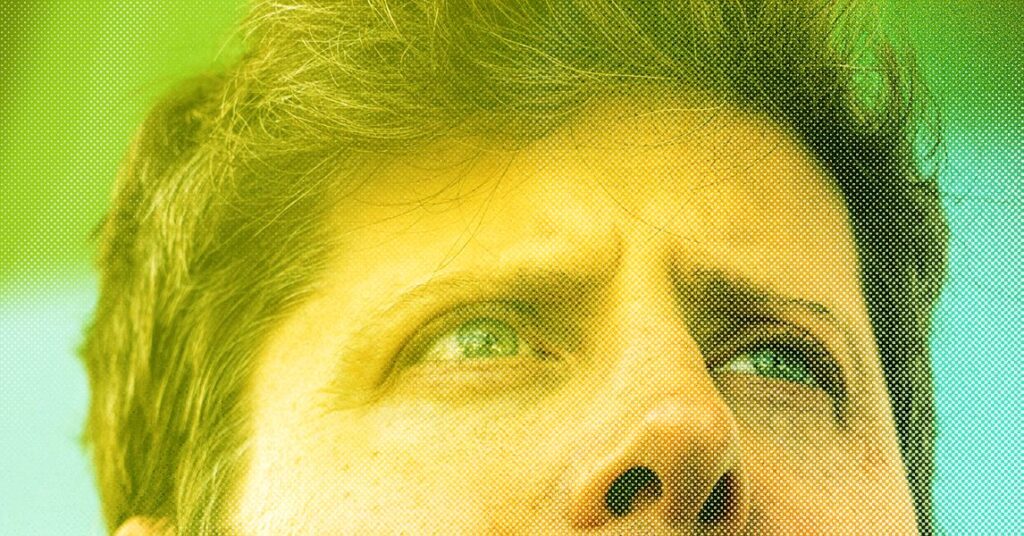WIRED Highlights: Exploring the Artificial Realm of OpenAI’s Social Video Platform

Manisha Krishnan: Absolutely, this season has … I mean, it’s my first time watching in 15 years. But this season has hit the mark. It’s as if they’re taking cues from WIRED and satirizing everything. I think if Trump and Eric Adams launched a talk show, it could really shake things up.
Zoë Schiffer: I love that idea.
Manisha Krishnan: It would probably amuse everyone, regardless of political stance.
Zoë Schiffer: So perhaps South Park will come to our rescue after all. Now, shifting topics, our colleague Aarian Marshall reported that Tesla has been encouraging sleepy drivers to activate the full self-driving (FSD) mode in their vehicles. Despite its name, this feature doesn’t fully drive the car; it merely aids drivers in performing basic functions. The vehicle’s manual indicates that drivers should always be prepared to intervene. However, drivers claim they are receiving messages suggesting the opposite. Notifications read things like “Drowsiness detected, stay focused with FSD” or “Lane drift detected, let FSD assist you so you can stay alert.”
Manisha Krishnan: That definitely sounds risky. It’s almost like they’re saying, “Feeling tired? Let FSD take over.” No way; they should be cranking up the music and blasting the AC, making it feel like a spin class to keep you awake. Tesla has made adjustments to its technology to prevent distracted drivers from using FSD easily. In 2021, the company began utilizing in-car cameras to check if drivers were attentive while using FSD.
Zoë Schiffer: This appears to contradict their previous efforts to enhance safety around self-driving features. This is a precarious moment for Tesla. For years, they’ve faced accusations of producing potentially defective products. In August, a Florida jury found the company partially liable for a 2019 crash that resulted in the death of a 22-year-old woman. The incident occurred when a driver of a Tesla Model S was using an older iteration of the company’s driver assistance software, Autopilot. Meanwhile, Elon Musk and Tesla’s board have placed FSD at the forefront of the company’s strategy. Musk has claimed that the feature will evolve into a fully autonomous driving system by year’s end, although that seems increasingly unlikely. He’s widely known for setting ambitious timelines that often aren’t met. One last piece before we take a break. WIRED science reporter Emily Mullin highlighted this week that scientists have created human eggs from skin cells, which they then used to form embryos. This is significant because it could pave the way for new infertility treatments for those wishing to have children. To clarify, none of the embryos were actually attempted for pregnancy establishment, and it’s improbable they would develop much beyond the womb. However, it is a notable advancement that could eventually serve as an alternative to IVF.
